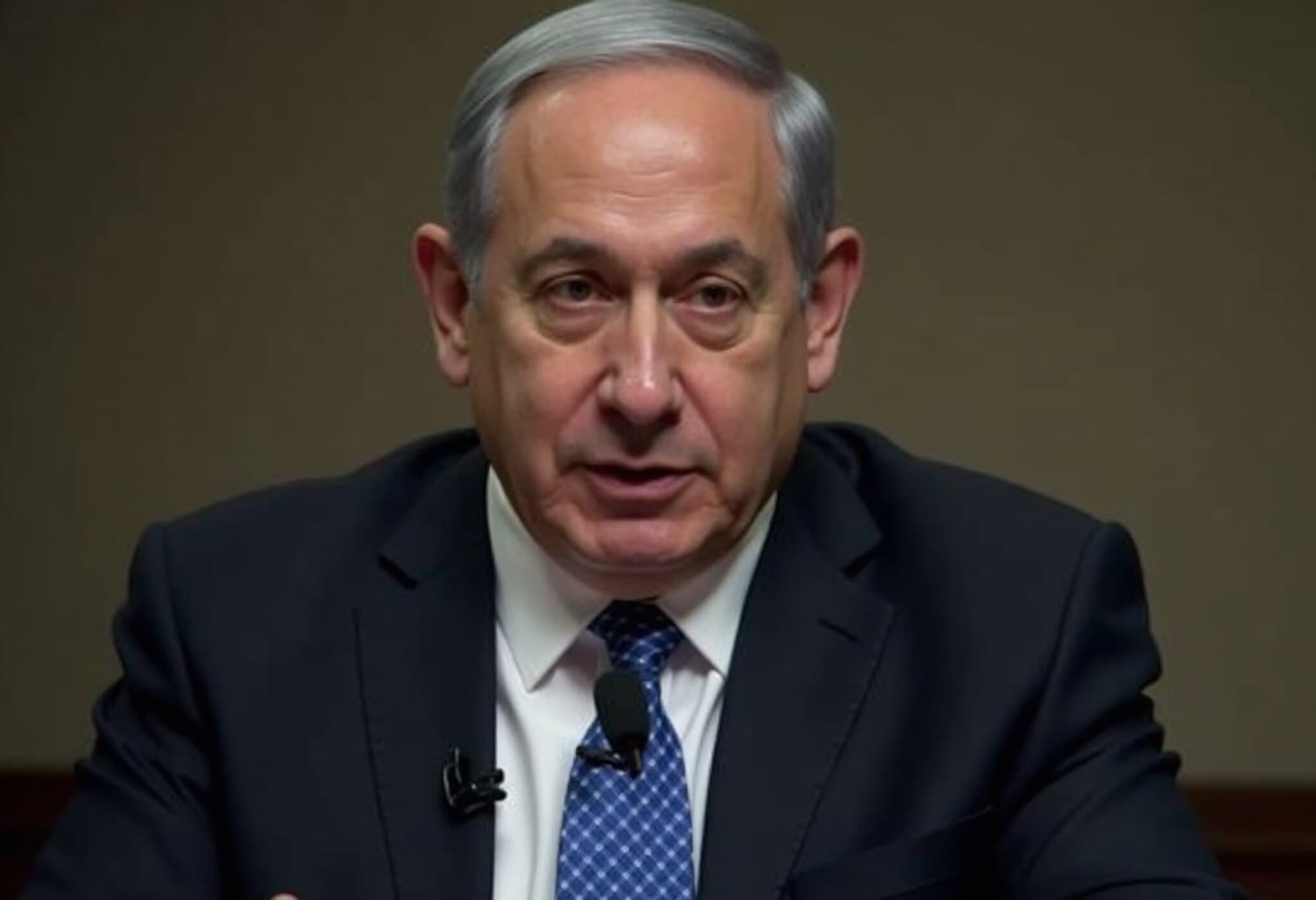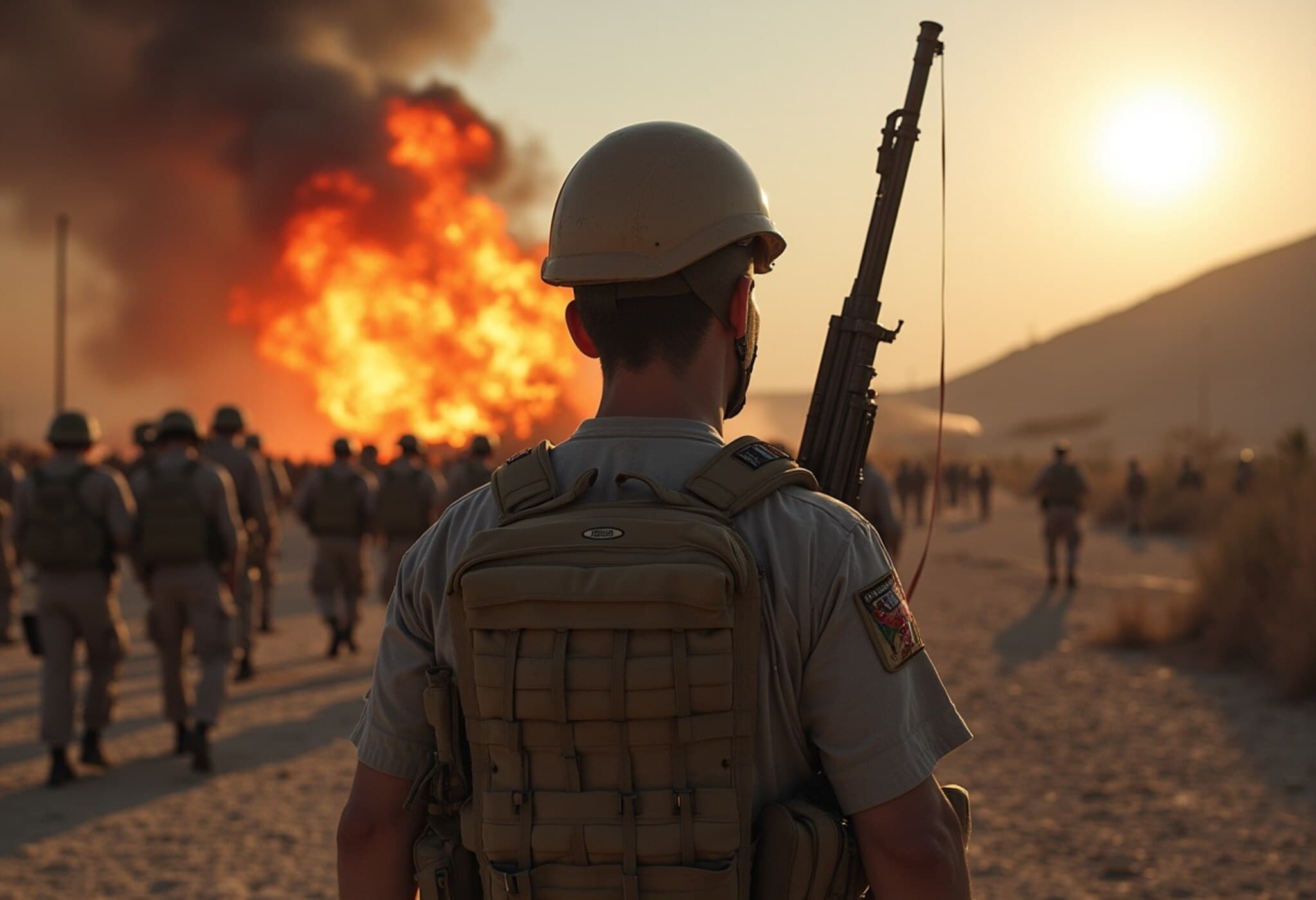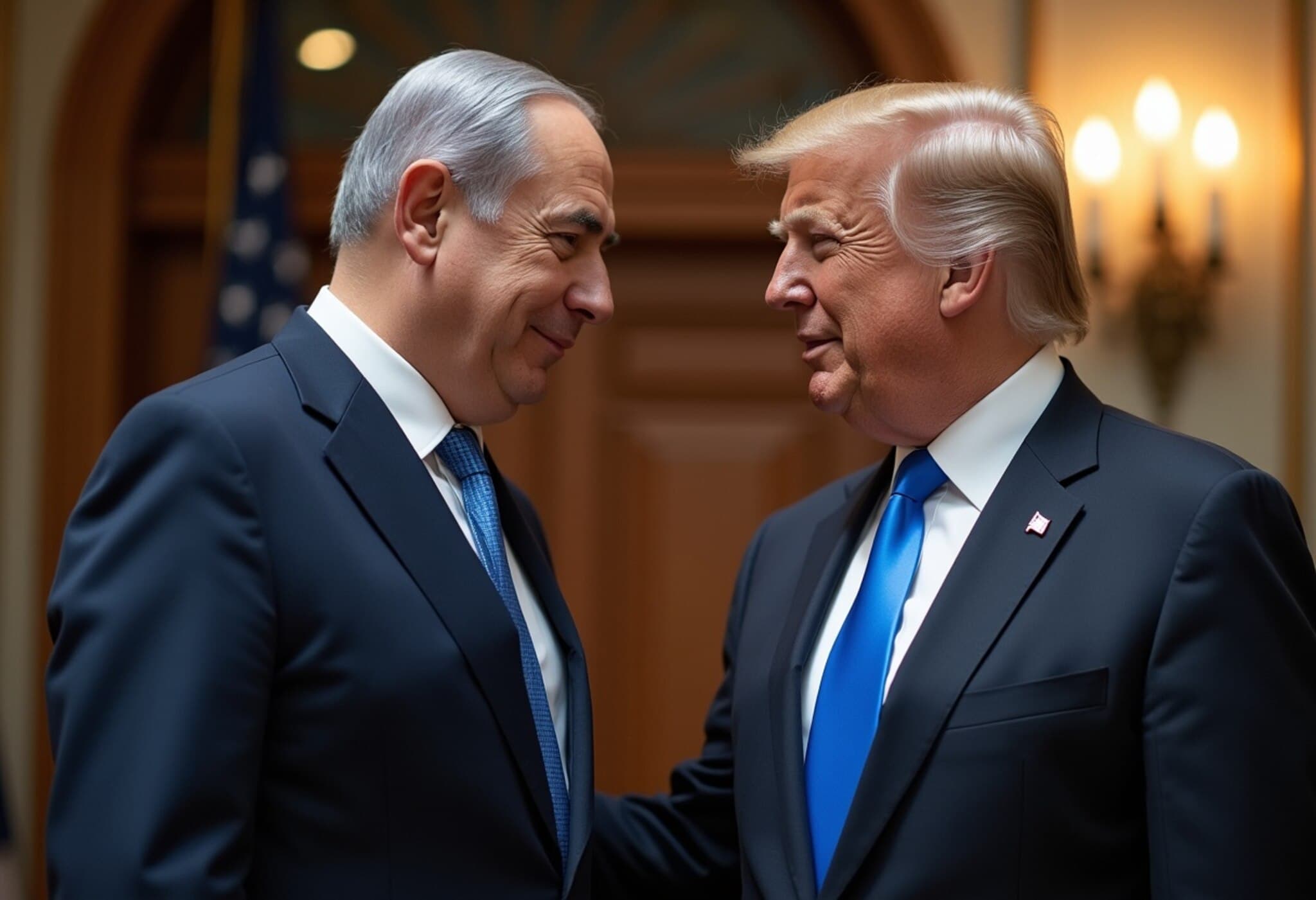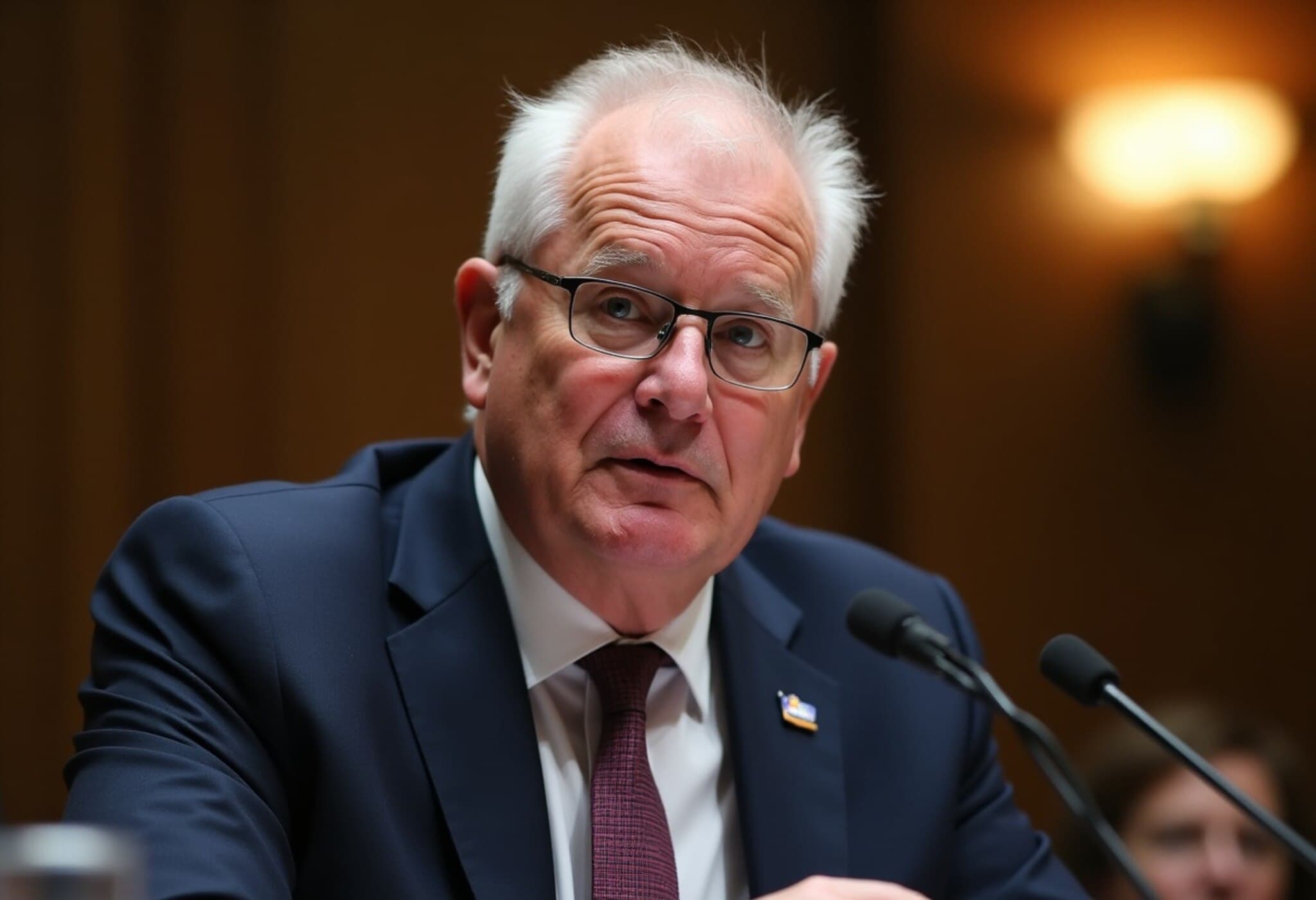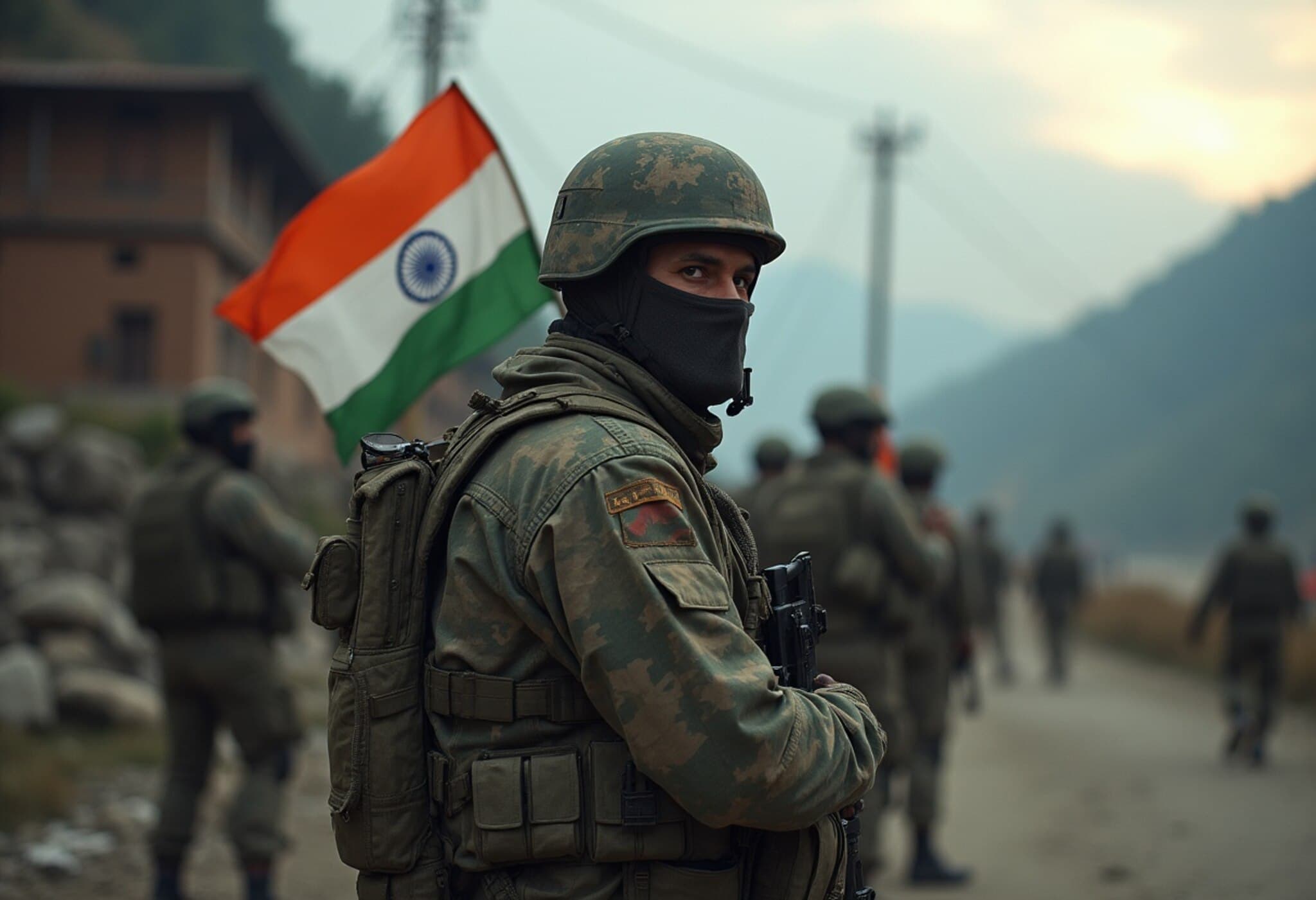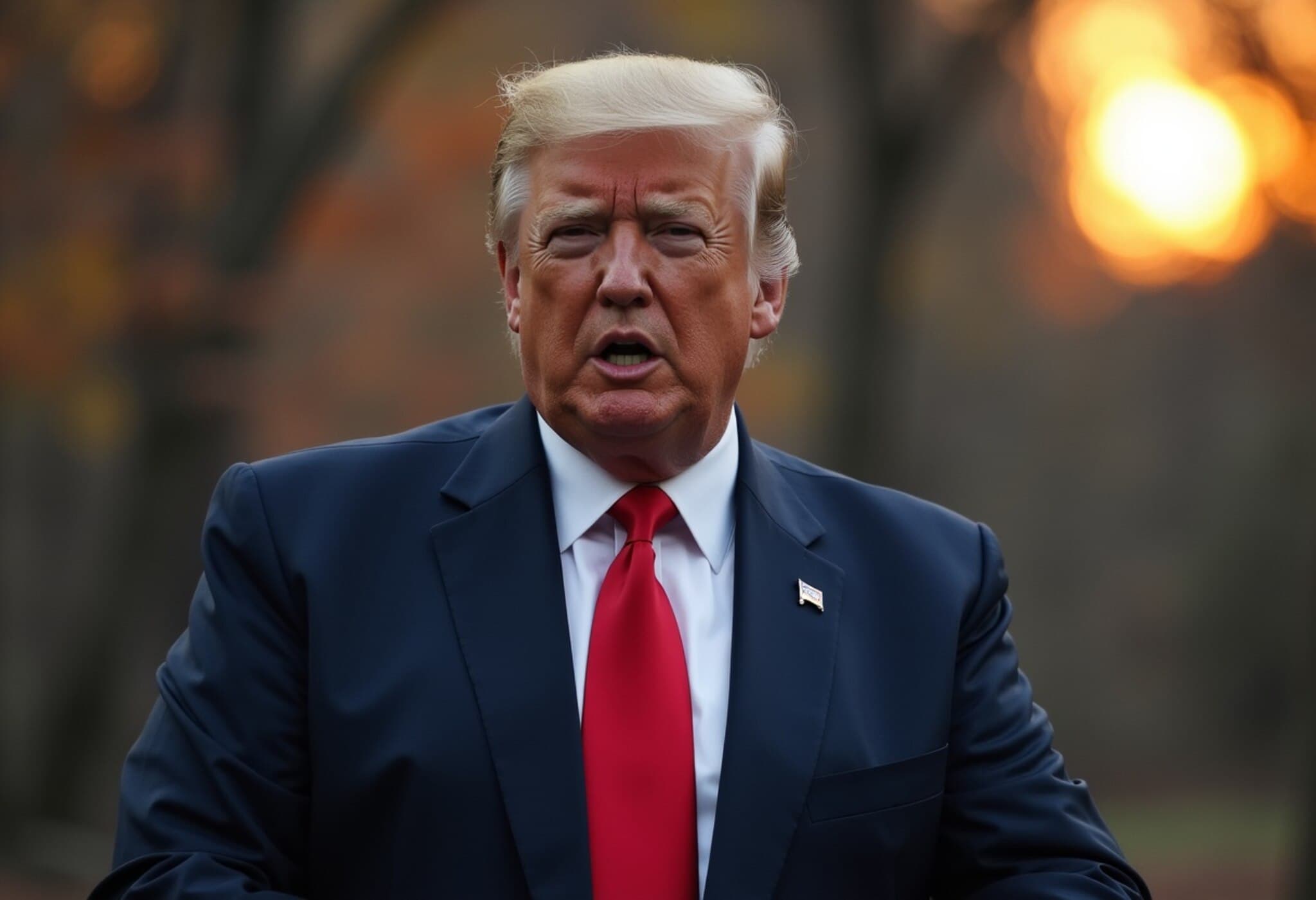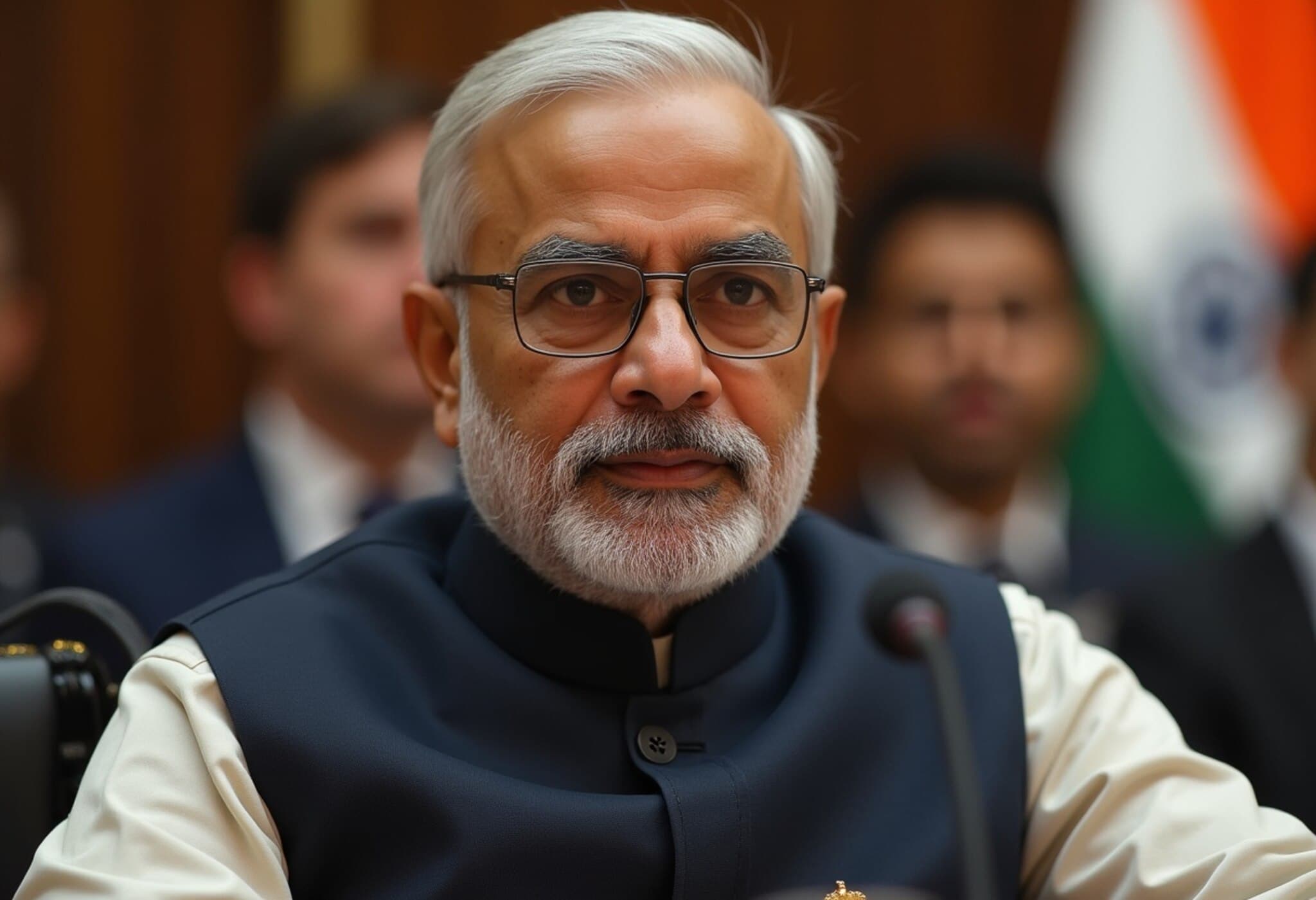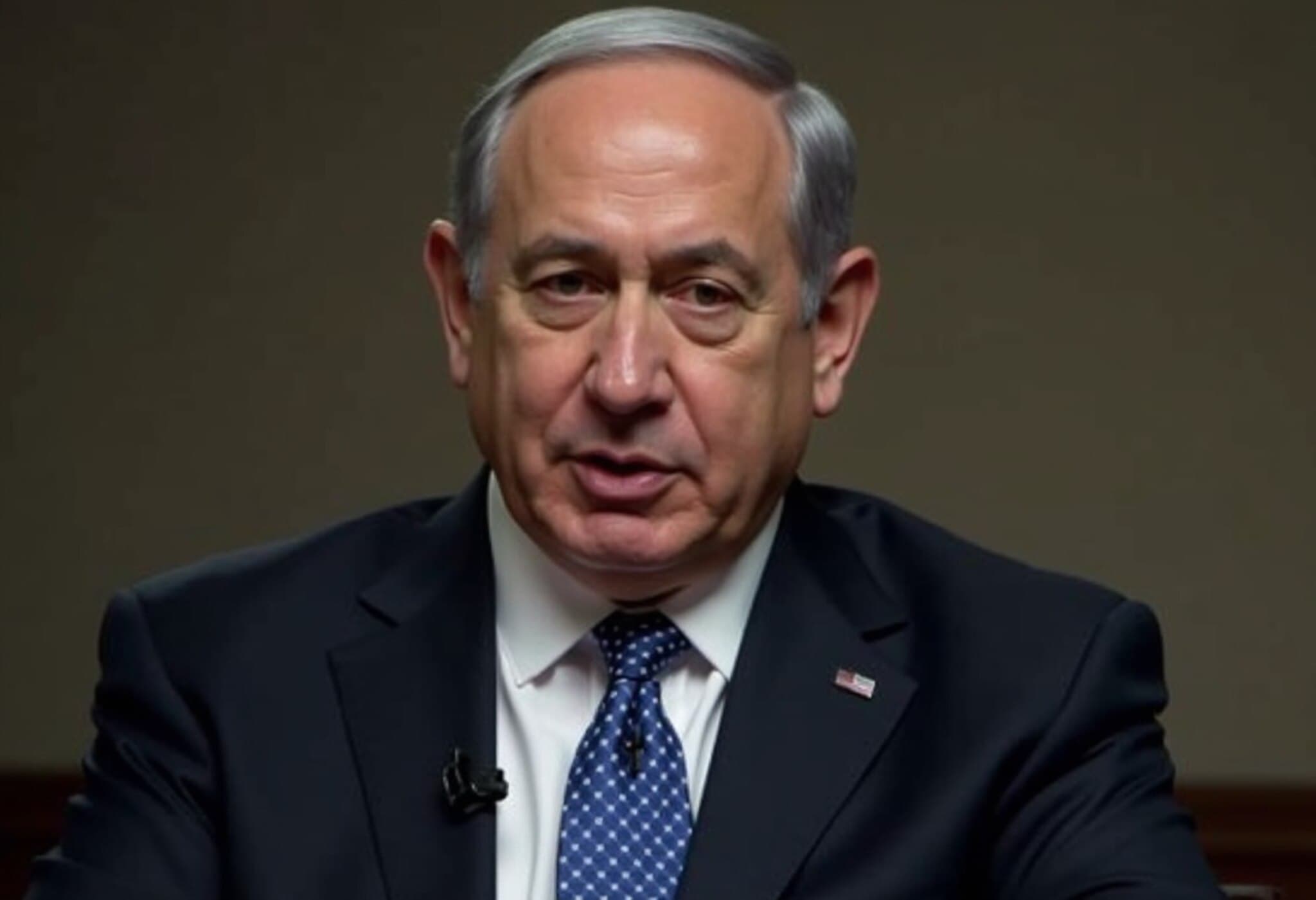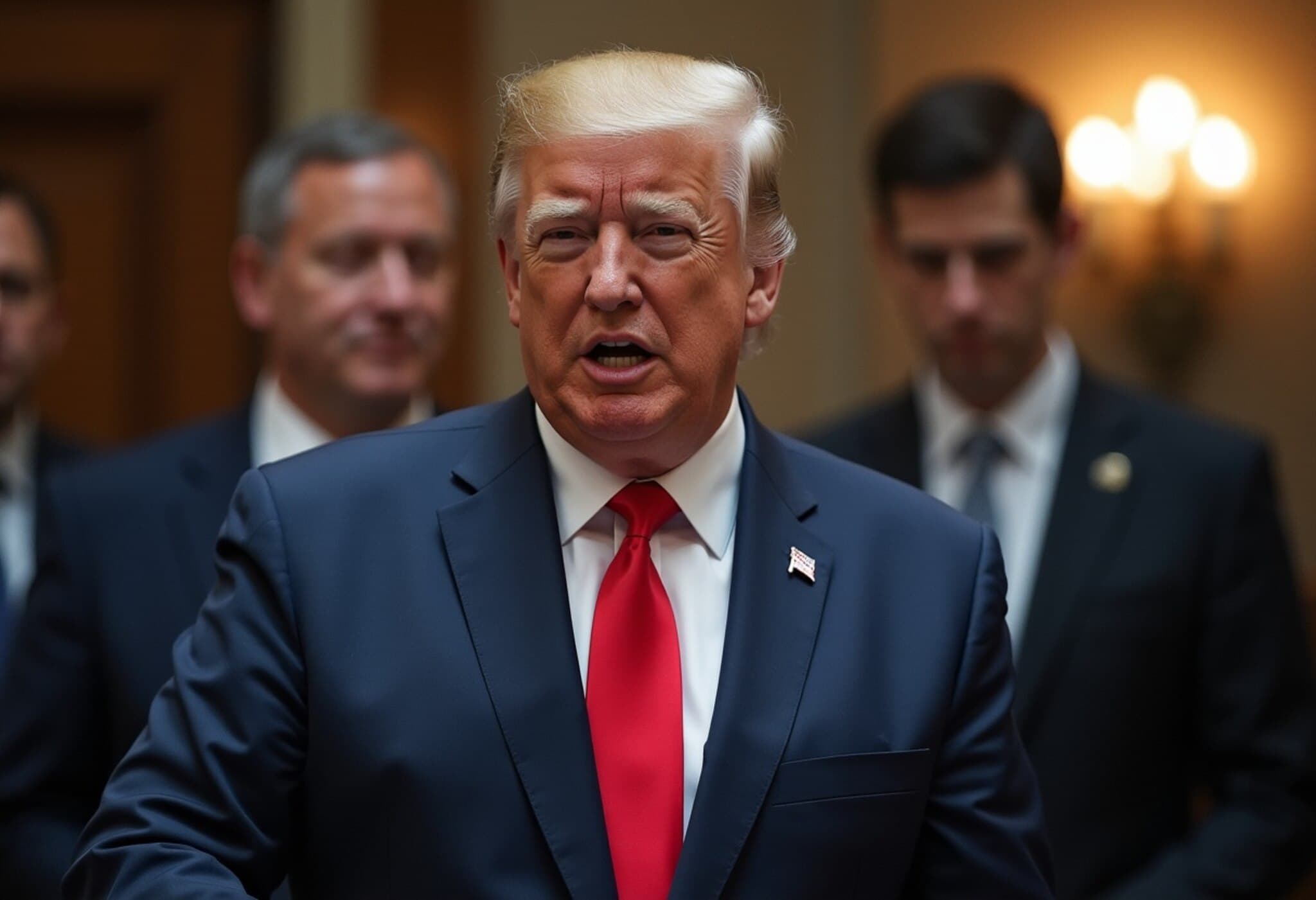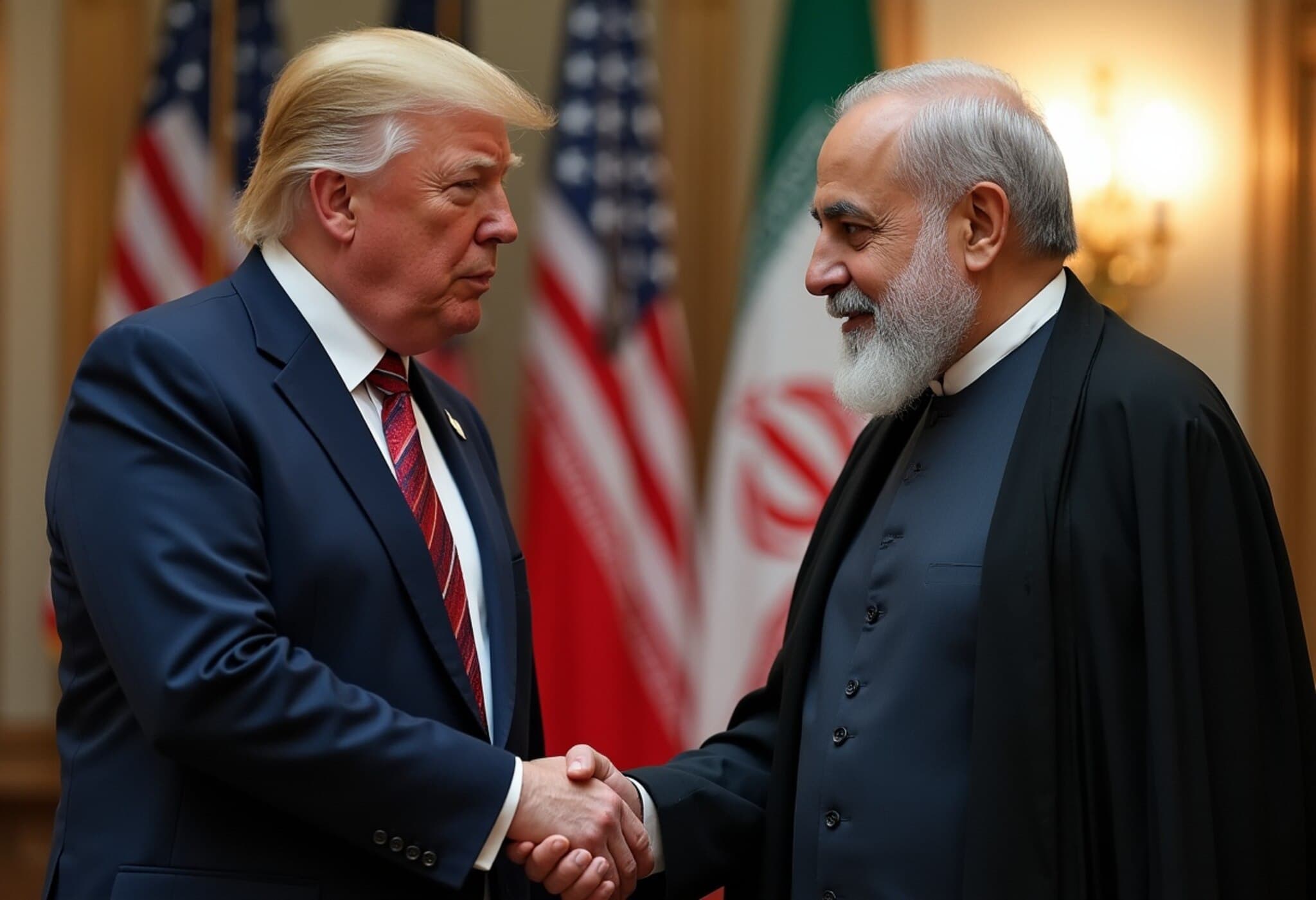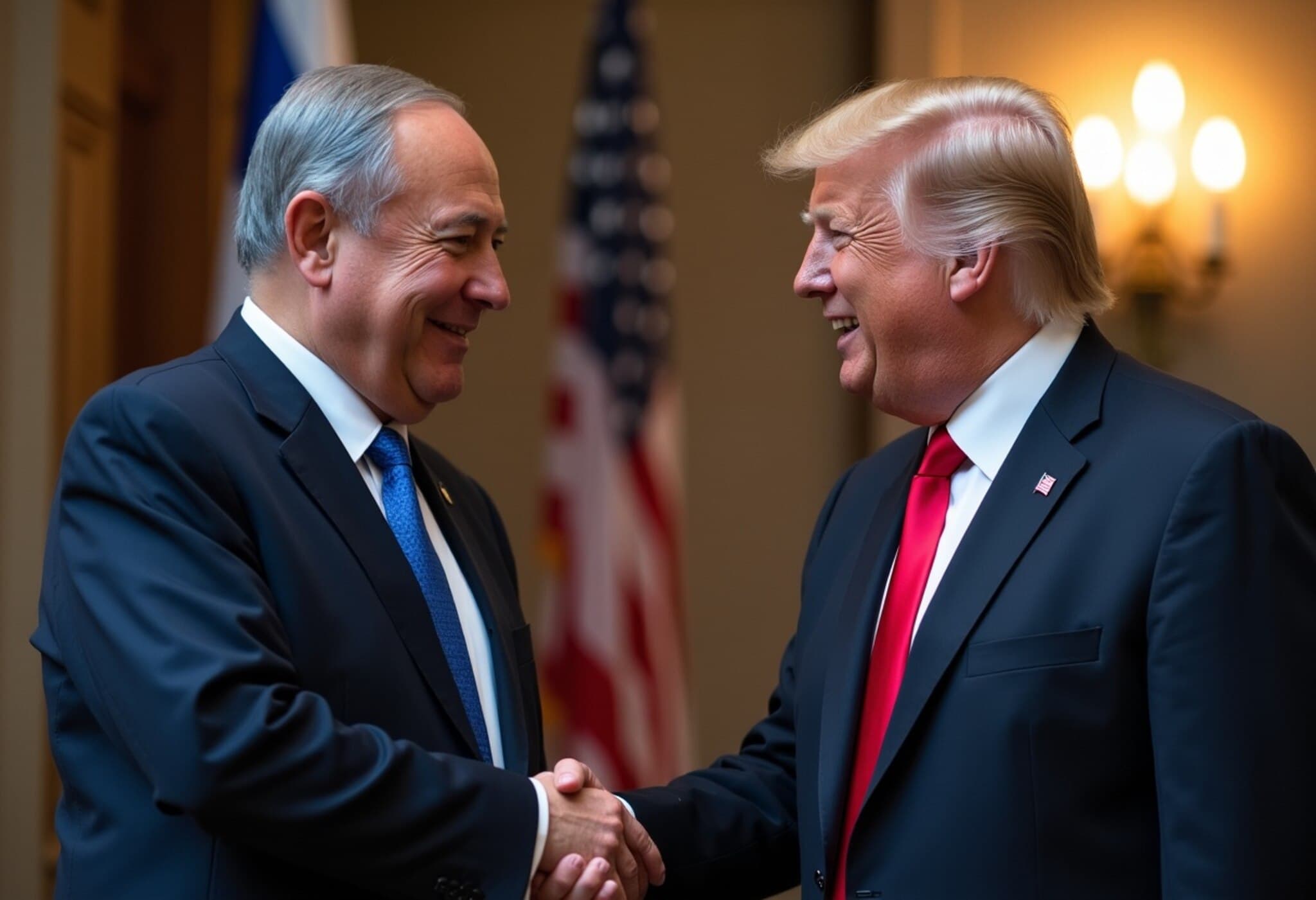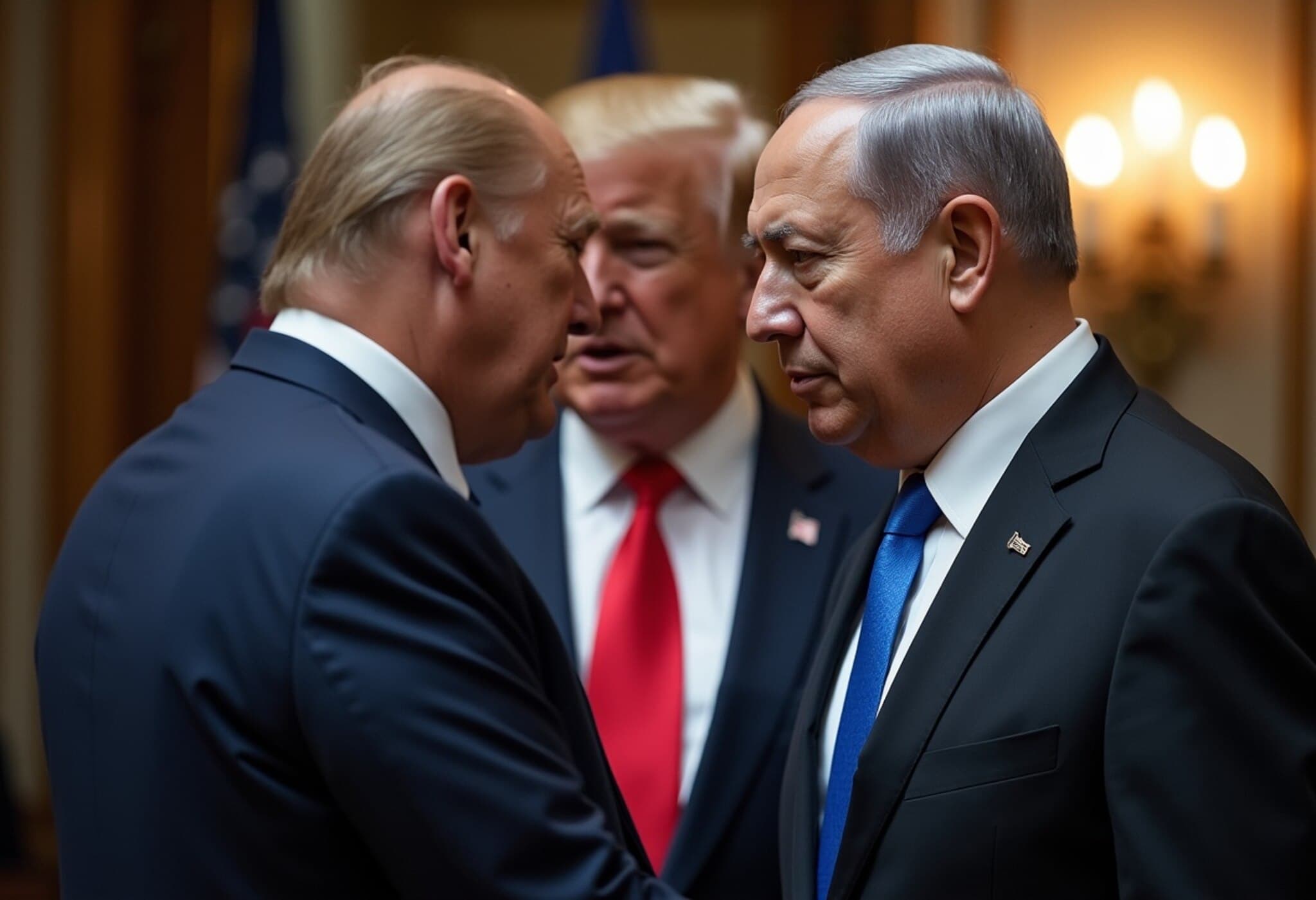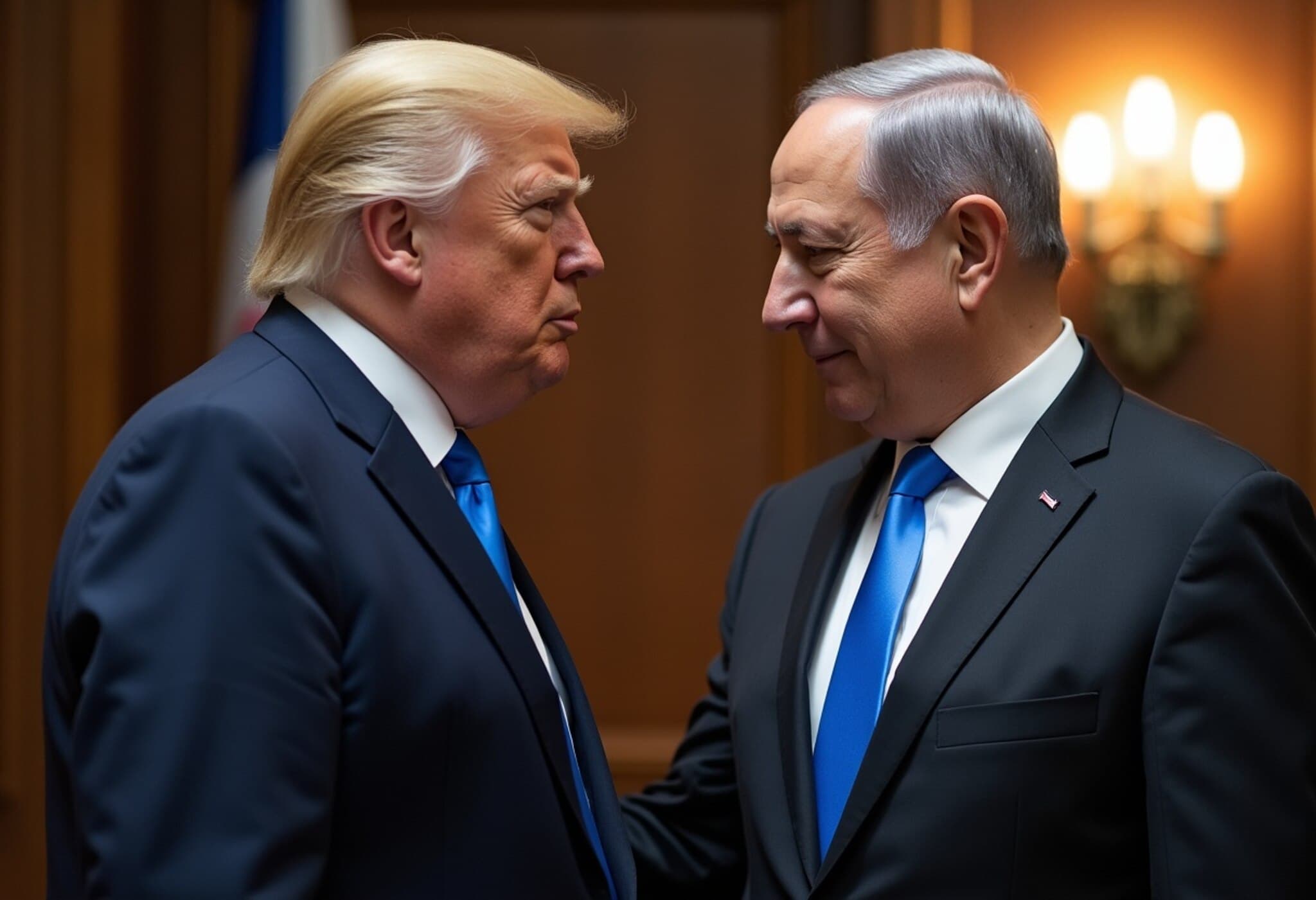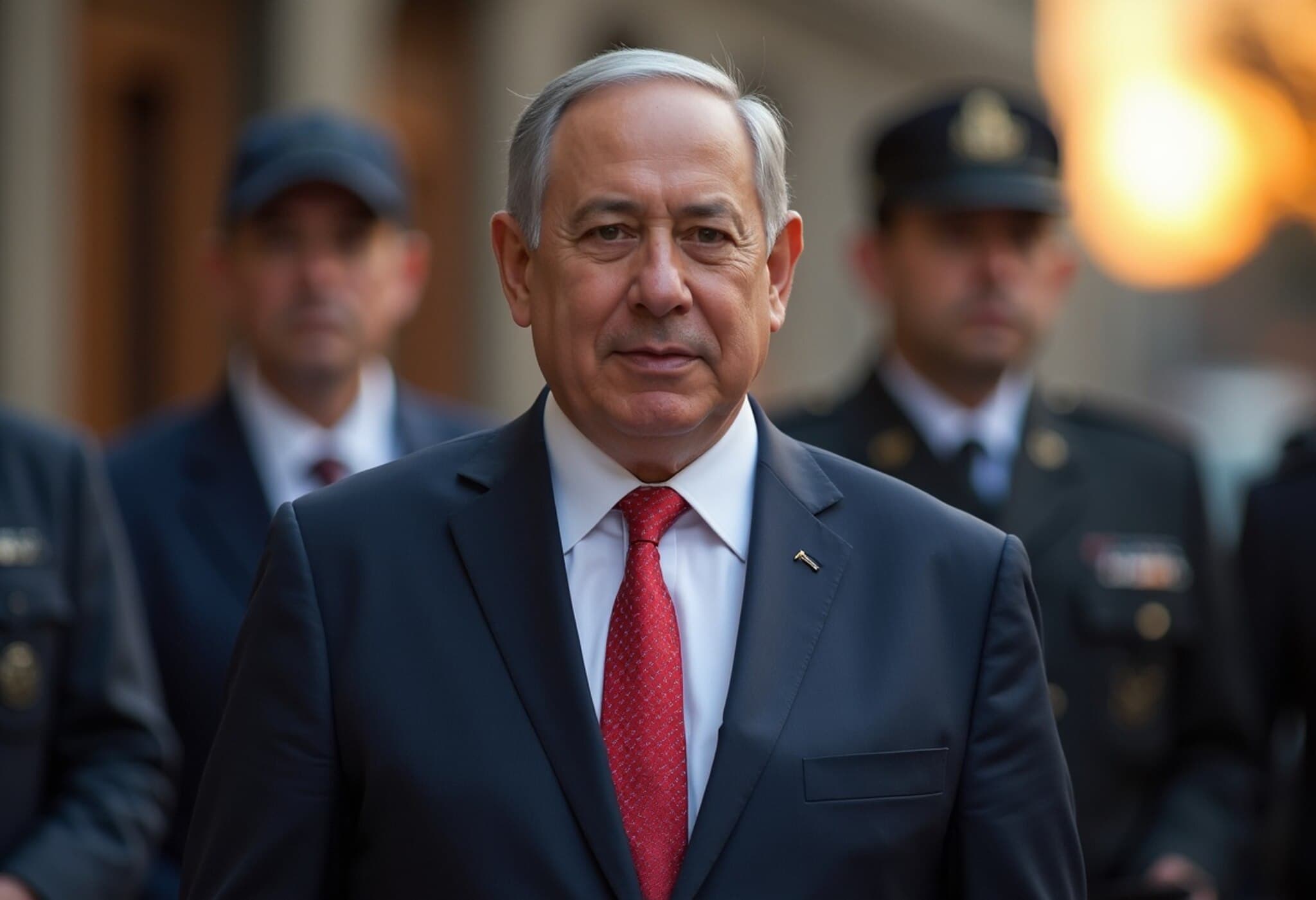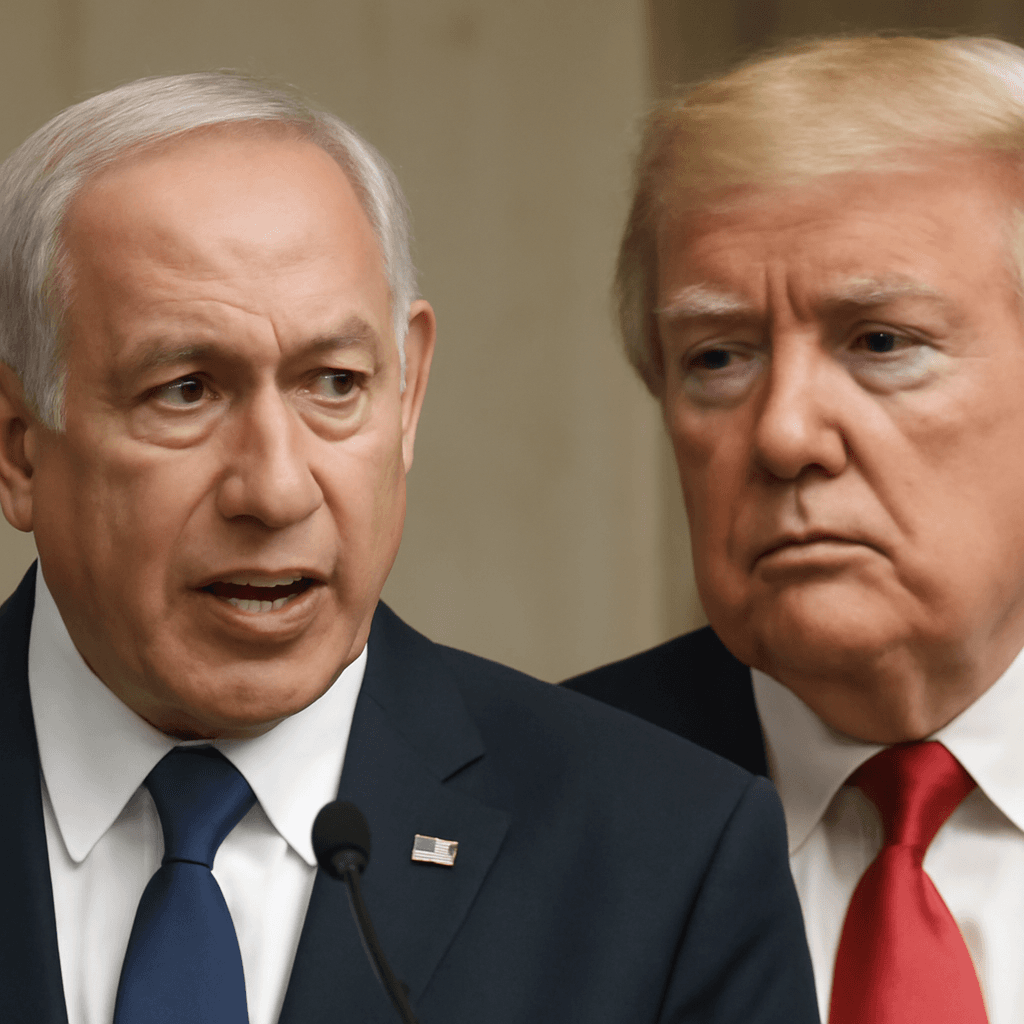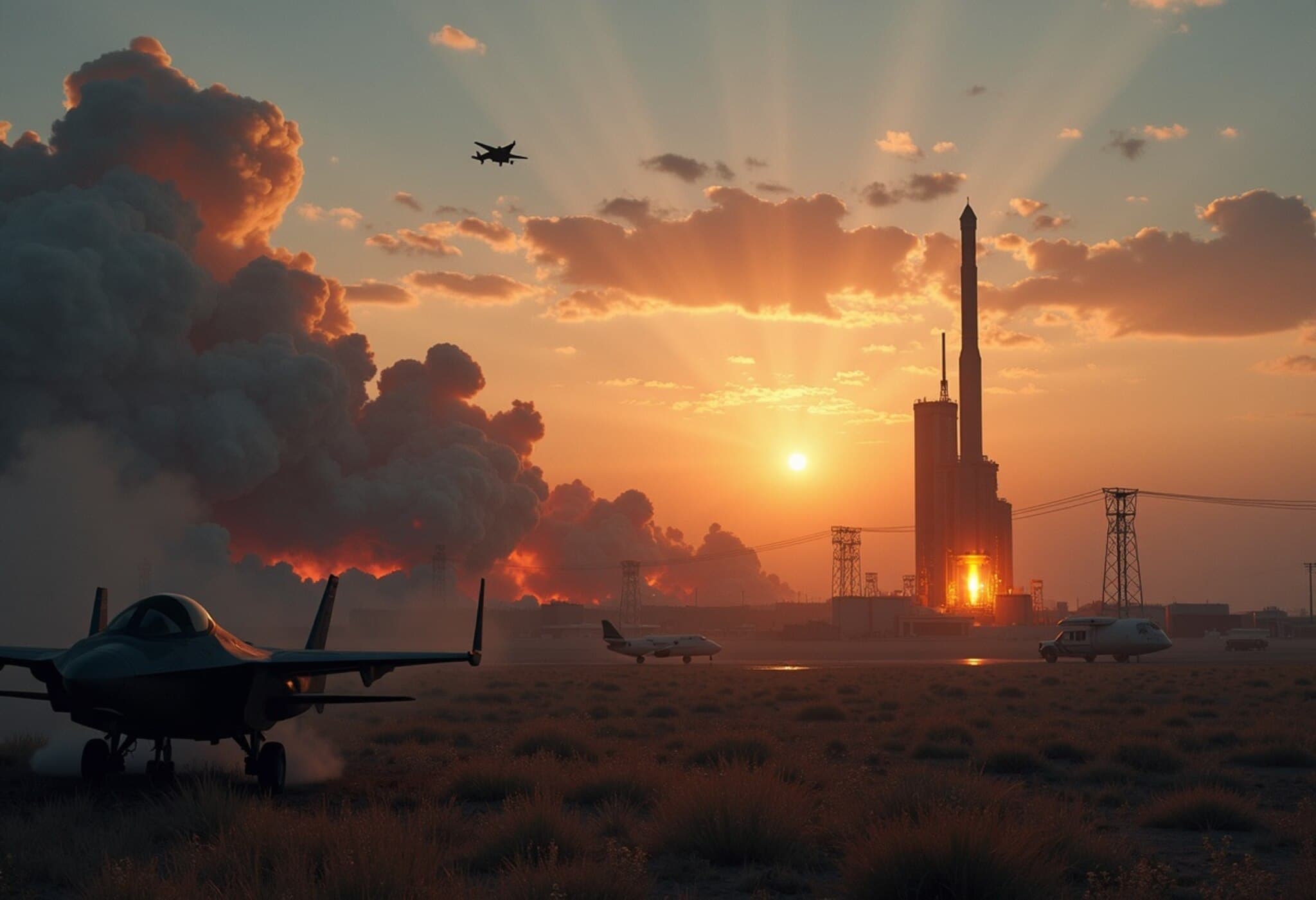Netanyahu’s Resilience in US-Israel Relations
Over decades, Israeli Prime Minister Benjamin Netanyahu has repeatedly found himself at odds with various US presidents. Yet, despite these clashes, he has consistently managed to secure continued military backing and diplomatic support from Washington. Recent events appear to reinforce this pattern, illustrating Netanyahu’s enduring influence in shaping US policy towards Israel and its regional adversaries.
From Strained Ties to Military Cooperation
Just a month ago, relations seemed strained. Former President Donald Trump bypassed Israel during a Middle East tour and lifted sanctions on Syria — moves Israel opposed. Trump also entertained the possibility of a nuclear deal with Iran, a deal Netanyahu staunchly opposes. Fast forward weeks later, the US launched airstrikes targeting Iran’s primary nuclear facilities, marking the most direct military action in years against Tehran's atomic ambitions.
This swift reversal underscores a long-standing truth about Netanyahu’s career: even amid tense relations with US leaders, he ultimately steers Washington toward supporting Israeli priorities.
Clashes with American Presidents Over the Years
Netanyahu’s first term as prime minister in 1996 set the tone for his complex relationship with the US. His initial meetings, notably with President Bill Clinton, were fraught with tension. Yet, crucial US military aid remained intact. When Barack Obama took office, relations worsened, particularly over Israeli settlement policies and the controversial Iranian nuclear negotiations.
Netanyahu’s public denouncement of the 2015 Iran nuclear deal—delivered in a congressional address without White House consultation—exemplified the friction. Despite Obama’s displeasure, the US provided Israel with an unprecedented $38 billion military aid package spread over ten years, reinforcing unwavering support.
Support from Key US Constituencies
Experts note Netanyahu’s trust in US support is rooted in strong backing from evangelical Christians and the American Jewish community. These groups form a reliable base that ensures Israel remains well-equipped militarily, even when Netanyahu antagonizes Washington.
Trump Era: From Skepticism to Collaboration
During Joe Biden’s presidency, tensions flared over the Gaza conflict and humanitarian concerns. Biden’s decision to limit certain military deliveries led Netanyahu to welcome Trump’s return to the White House, hoping for closer alignment. Early interactions with Trump were rocky, especially when Trump announced surprise direct talks with Iran.
Yet Netanyahu remained steadfast in pushing for military options against Iran. When Israel launched strikes on June 13 against Iranian nuclear sites, it encouraged the US to join forces. Tel Aviv’s billboards urged Trump to “Finish the job!”
The subsequent US airstrikes marked a significant moment of military alignment. Netanyahu hailed the action, stating, "Congratulations, President Trump. Your bold decision to target Iran’s nuclear facilities will change history." He reaffirmed the "unshakeable alliance" between the two nations.
Looking Ahead
Benjamin Netanyahu’s ability to navigate and influence US-Israel relations, even through turbulent political landscapes, highlights his savvy and resilience. Regardless of personal or ideological differences with American leaders, his track record shows a clear pattern: when it comes to Israel’s security interests, Netanyahu usually gets his way.

